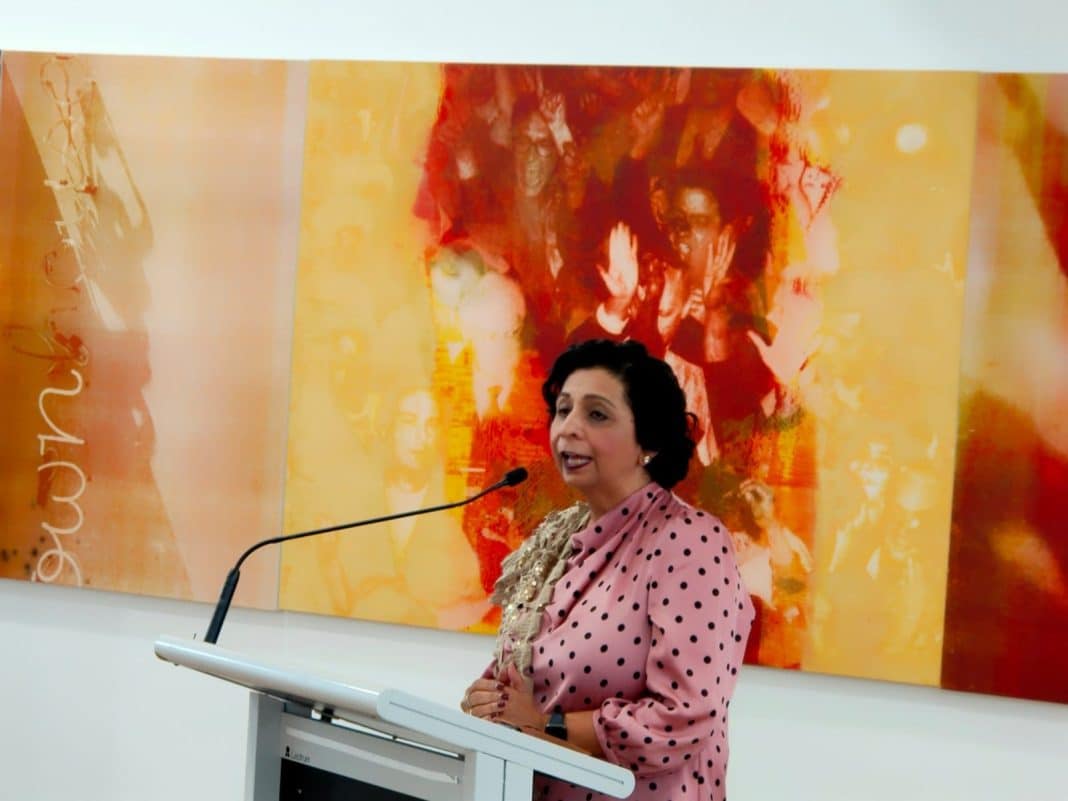One in four Canberrans were born overseas, but what happens to them when they grow old? There is nowhere for them to go, says Nishi Puri, president of the Multicultural Association of Canberra. That is why she is advocating for a multicultural aged care facility here.
“A place which is welcoming, which gives you a sense of belonging, where you can talk to people of your own culture, and look at familiar faces,” she said.
Ms Puri runs three multicultural senior age groups, and her own mother, now 86, has lived with her for 25 years. All the seniors she has spoken to are reluctant to move into nursing homes here.
They feel they are very westernised, and do not suit their needs, she explains: the food is bland; they don’t serve multicultural food; and while some staff are multicultural, many can only speak English.
That poses a problem for elderly people who might only have come to Australia recently, to be with their offspring, and have not learnt much English, or for seniors who retired 20 years ago, and have lost touch with English. Some once-bilingual people with dementia forget their English and revert to their mother tongue.
“The multicultural community needs to feel at home where they are; they can’t leave them isolated, with nobody to talk to; the food is not of their liking in places where they’ve never been before. Leaving your home is a big shock, but if you don’t get what you want, it becomes worse. We definitely need a sense of belonging among community members, which is not happening at the moment.”
Ms Puri said she spoke to several nursing homes to see whether they offered multicultural services; they did not. “I knew that this was not the place for our people,” she said. “Nothing in Canberra seems to fit what they want.”
Some migrant families have even resorted to putting their parents in a Sri Lankan nursing-home in Sydney. The old folk are happy there, Ms Puri said, but it’s an added pressure for those families to visit their parents on weekends.
In-home care is another option, but can be isolating. “You don’t have anybody to talk to or socialise with, because you’re confined in your home.”
In the long term, Ms Puri would like two multicultural facilities built for Canberra, one on the northside and one on the south. Like those in Sydney or Melbourne, it would be open to all multicultural people, with a diverse food range to suit everyone’s needs, and staff from different cultural backgrounds (Indian, Chinese, African, for example), so they could speak to or understand the residents.
Ms Puri said she had spoken to David Smith MP; the federal government funds and regulates aged care services. The ACT Government does not own or run any residential aged care facilities, but Ms Puri believes they should fund the community to set up and run one.
But, she acknowledges, it will take a long time to build the facility, and it will be a long process to convince the legislators.
In the short term, she would like existing nursing homes to have a facility to cater for a diverse multicultural community and their needs. In-home care should be more reliable, too, she believes; at the moment, there are long waiting lists for carers or physiotherapists, especially for pensioners.
Canberra is the only east coast capital city without a multicultural aged care facility – but, of course, it is a much smaller city. Would Canberra be able to support a facility? Australia is facing an aged care crisis; where, for instance, would the multicultural nursing homes recruit their staff?
Ms Puri has the answer to that. Lots of people in the multicultural community – particularly new migrants – look for jobs all the time, she said. The government should offer good pay and incentives to these new migrants, and even give international students casual jobs in aged care.
“This way, there will be more people working in these facilities. Better pay than the supermarket, and [they] can attract good manpower!”



